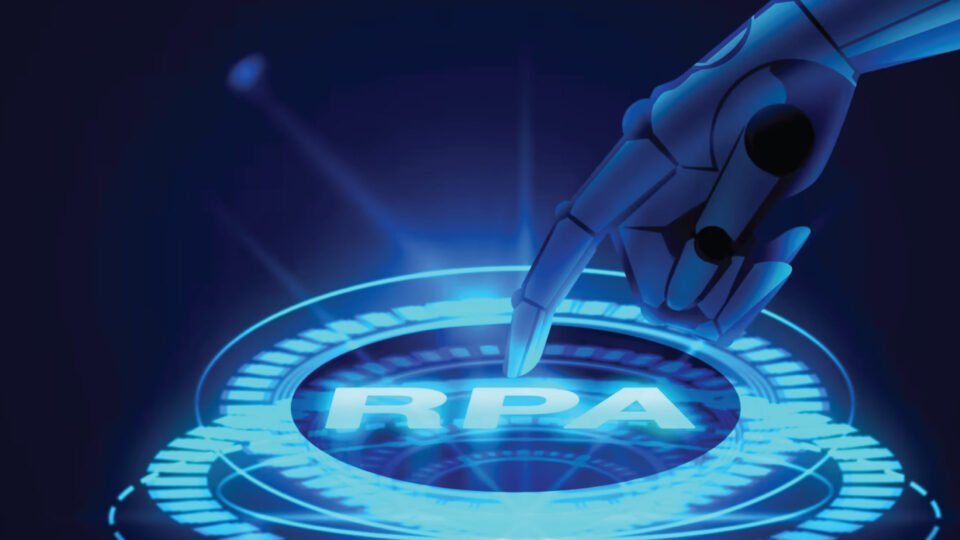MuleSoft users can now accurately estimate the impact of RPA on business processes, making better decisions about where and how to invest in automation
From Dreamforce 2023, Apromore, a leading provider of AI-driven process mining and simulation solutions, today announced seamless integration with MuleSoft RPA Manager by Salesforce. Businesses seeking enhanced efficiency and productivity can now accelerate identification of RPA opportunities and better predict the impact of changes through data-driven simulation. The improved decision-making abilities can help businesses achieve higher efficiencies in resource utilization, more effective automation, and greater operational agility. Apromore is the first process mining vendor to provide this level of integration with MuleSoft RPA Manager, strengthening its use for end-to-end process automation.
“Enterprises in service-intensive, regulated industries, like financial services and telcos are looking to extend initial RPA work beyond tactical automation to encompass complete and often complex processes,” said Marcello La Rosa, Apromore CEO and Co-Founder. “While early RPA efforts focused on ‘low-hanging fruit’ automation, organizations can now maximize the ROI from RPA initiatives by applying hyperautomation along an end-to-end business process, such as Loans Management or Field Service Management, all driven by data” La Rosa continued.
Watch a demonstration of the Apromore-MuleSoft integration here.
Faster time to value with data-driven simulation
To deliver faster time to value with hyperautomation, the Apromore-MuleSoft RPA integration helps offer a streamlined experience to source automation ideas with sophisticated data-driven simulation capability built in Apromore. Using the Apromore platform, business users can automatically generate a ‘digital twin of a process’ from transactional data extracted from enterprise systems such as Salesforce, Workday and ServiceNow. These digital twins are process models enhanced with simulation parameters that can be used to test different automation scenarios via an intuitive, no-code interface.
By changing the simulation parameters, including arrival rates, activity durations, and role associations, as well as the process’ flow itself, users can now accurately estimate the impact of automation interventions on process duration, cost and resource utilization, understand the delta improvement compared to the as-is process, and obtain a detailed Process Automation Assessment Report (PAAR) justifying the business case for automation. And if the organization is using MuleSoft RPA, the report can automatically be transferred to MuleSoft RPA Manager’s digital backlog, ready to be picked by an IT team for implementation.
Visit AITechPark for cutting-edge Tech Trends around AI, ML, Cybersecurity, along with AITech News, and timely updates from industry professionals!

